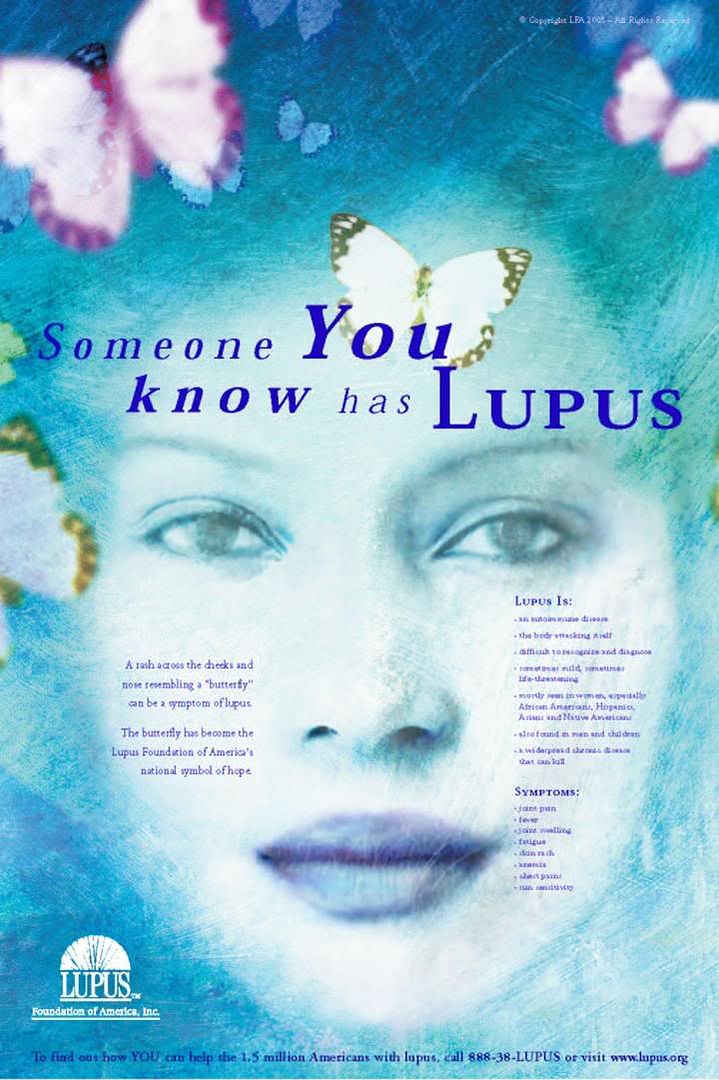 |
|
|
Smoking May Be Related to Increased Risk for Developing Lupus Monday, September 11, 2006 Smoking May Be Related to Increased Risk for Developing LupusThat exposure to tobacco smoke is hazardous to health is by no means breaking news, but what may come as a surprise is that smoking has been associated with a number of autoimmune diseases, including rheumatoid arthritis, multiple sclerosis, and autoimmune thyroid disease – and may actually increase a person’s susceptibility to lupus. One current idea is that smoking-related damage to the genetic material in a cell (DNA) will lead to the formation of antibodies to double-stranded DNA (dsDNA), which may in turn have a role in the development of lupus. To examine the relationship between smoking and dsDNA, researchers at the University of California at San Francisco (UCSF) looked at the medical records of 410 lupus patients which had been collected for a large genetics study. These records included a complete self-report of each person’s smoking history and showed the antibodies that had been detected in these patients. The people in this study were all Caucasian. 91 percent were women (reflecting the percentage of lupus patients who are women). Participants were identified as “never smokers” (who had smoked fewer than 100 cigarettes in their lifetime), “former smokers” (who had smoked at least 100 cigarettes in their lifetime, but none in the year during which the antibody testing was performed), and “current smokers” (who had smoked at least 100 cigarettes in their lifetime and had smoked within the calendar year during which the dsDNA testing was performed). The combined group of “former smokers” and “current smokers” was also tagged as “ever smokers.” Antibodies to dsDNA were found in people from all groups, but current smokers had a higher rate (73%) of dsDNA autoantibodies than never smokers (54%) and former smokers (52%). The cumulative amount of smoking did not affect whether these antibodies were seen, nor did the age at which the “ever smokers” first began using tobacco. Since the current smokers in this study appeared to have more dsDNA antibody than former smokers, the researchers suggested that the mechanism by which tobacco smoke alters DNA could be an important factor in what causes these antibodies to be made. Tobacco smoke causes changes in DNA structure, and these altered DNA molecules — called DNA adducts — tend to trigger immune response activity more than “native” (unaltered) DNA. However, unless they are replenished, the DNA adducts eventually will disappear and are usually 50 percent gone after only 9–13 weeks, which means that the former smokers, having been tobacco-free for one year or more, would seem more like never smokers than current smokers. Knowing that at least some of the negative impact of smoking diminishes once a person stops using tobacco sends a strong message in support of programs to quit smoking. Interestingly, lupus patients have higher levels of DNA adducts than people who don’t have lupus, regardless of their smoking history. The findings of this study, though dealing with the relation between smoking and dsDNA autoantibodies, may therefore have implications for understanding what causes lupus in general. Read the Abstract: http://ard.bmjjournals.com/cgi/content/abstract/65/5/581 Freemer, M.; King Jr., T.; Criswell, L., Annals of the Rheumatic Diseases 2006; 65: 581-584
Comments:
Post a Comment
~~~ |
.:Find Me:. If you interested in content, please contact the Writer .:Want to Joint ?:. If you want to know more about lupus surferer's activities and want to donor your help and money, go here Need more consult ?, go here .:acquaintances:.
The Enterprise .:New Book:. .:talk about it:.
.:archives:.
.:Link-link website Lupus:.
Lupus Org .:credits:.
|